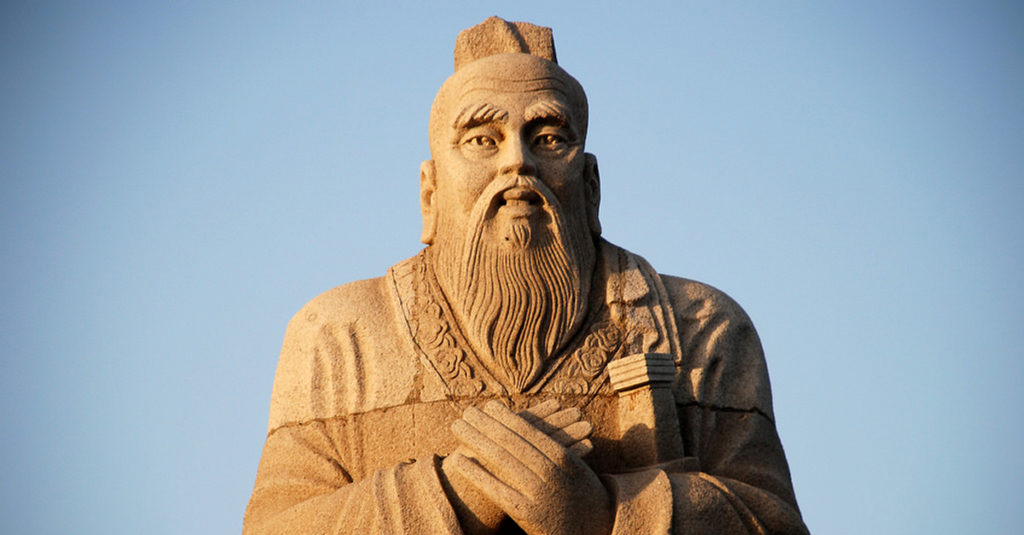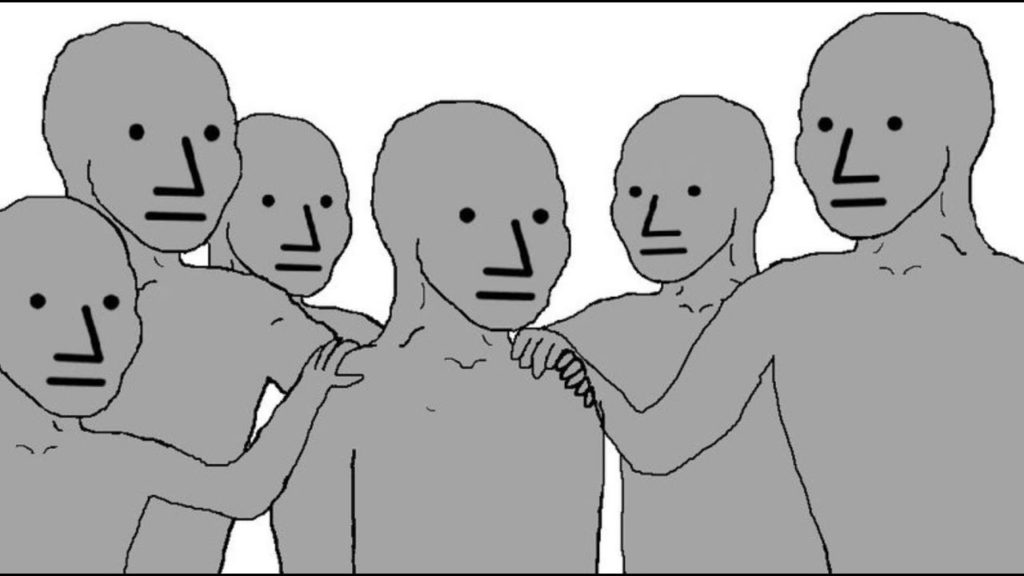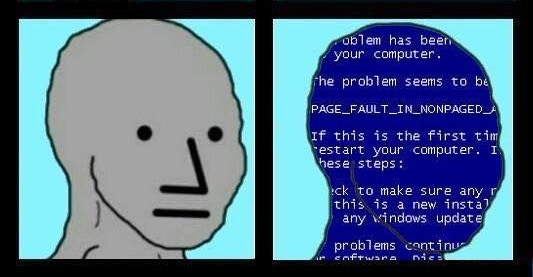
The highest possible spiritual level is the element of gold. This represents perfection. Gold is the most precious of the metals known to the ancients. As such, its presence had the greatest influence on their behaviour. Gold is very much the fulcrum around which the world turns, and for this it has long been worshipped.
In the ancient world, gold represented the Sun, the life-giving force. The Sun was also worshipped by all of the ancients at some point or other, most notably in the Roman cult of Sol Invictus. This was due to the realisation that if the Sun did not return to the world after the Winter Solstice then all life on Earth would perish.
In an alchemical sense, gold represents God. The uppermost pole of the alchemical spectrum belongs to God, and the raising up of any of the lesser elements is to imbue them with God’s energy. Characters of gold, then, are divine. Characters of mercury might be messengers of God’s will, but characters of gold are direct expressions of it.
Viewed metaphysically, a character of gold is every bit as important to the world as the light of the Sun. Without the moral rectitude afforded by the character of gold, the human race would regress into a pre-civilised state. We would go back to being animals, God’s light being entirely absent. The characters of gold, and their messengers in the characters of mercury, are the force that imposes moral order upon the world.
The real power of the element of gold is its subtlety. Being perfect, it need not use any force or coercion. It is already in accordance with the Will of God, and consequently it acts without resistance. Its power is exemplified in the fable of Aesop, in which the Sun and the wind compete to induce a man to take off his coat. The Sun wins, because its gentle power does not inspire resistance.
The essential characteristic of characters of gold is radiance. Whereas the characters of silver are learned and the characters of mercury brilliant, the characters of gold radiate a divinity that comes from a consciousness that is perfectly attuned to the Will of God. They are wise – a quality that is not appreciated by all, although all benefit from it.
This radiance will set all of the other characters in their presence at ease. Being around a character of gold will incline the anxious to calmness, the angry to peace and the lustful to temperance. The ambitious characters of mercury will switch to enjoying their lives rather than exulting themselves. This is the power of the character of gold – to create peace.
In contrast to the characters of iron, who dominate with physical force, and to the characters of silver, who dominate with psychological force, the characters of gold dominate with spiritual force. They have no need to twist other characters’ arms or trick them with contracts; they influence the world by living in accordance with the Tao. This causes other characters to look up to them.
A character of gold will be one that other characters tend to speak about very fondly. This is a reflection of the generous personal warmth that the characters of gold exude. The character of gold will recognise the gold in others. As such, it will feel good to be around them.
The greatest motivation of the character of gold is to alleviate the suffering of all sentient beings. This is true to a lesser extent of the characters of mercury, silver and copper, but only the character of gold represents the perfect expression of this. The character of gold wants for nothing more than an end to the suffering in the world, and they are happy to put themselves second to this goal.
Gold is the most malleable of all metals. This softness is one of its prime characteristics. A character of gold will seldom be prickly, bad-tempered, abusive or impatient. If directly insulted, they will be extremely slow to take offence or to show anger. This may not work out to their advantage when other characters, interpreting the situation through their own base lens, come to think them weak.
This malleability is such that, in the physical word, one gram of pure gold can be beaten into a sheet one square metre in size. That the tiniest piece of gold can create something that shines so brightly captures the essence of metaphysical gold. The smallest amount of it is potentially enough to completely upend the order of the world.
Concomitant with this softness is a reluctance to cause divisions or separations. However, gold is still a metal, and still has enough of an edge to cut if necessary.
The ability to expand itself beyond the capabilities of the other elements is reflective of the ability of characters of gold to see the bigger picture. A character of gold will never be motivated by short-term instincts. They have perfected themselves to the degree that impulses not in accordance with their true will no longer arise.
Characters of gold, despite their glorious radiance, are entirely capable of being destroyed by the envy of baser characters. Characters of iron can run a sword through them; characters of silver can destroy their social standing. In no sense are characters of gold superheroes with special powers. They are simply people of a higher spiritual frequency to all the others.
A character of gold can be of any age. Young or old doesn’t matter because alchemical gold is an expression of the spirit. As long as they are good, they are gold. In practice, a character is more likely to be of the gold if they are either very young or very old, because the former will not have been corrupted yet and the latter will have entire lives to mine for wisdom.
In practice, it will be almost impossible to portray a character of gold with true accuracy if the author themselves are not of the gold. This doesn’t matter, as long as the reader can be induced to believe that the character of gold is perfect.
Perhaps the closest example fiction has seen to a character of gold is that of Michael Valentine in Robert Heinlein’s Stranger In A Strange Land. A modern real life example might be Jiddu Krishnamurti, an ancient one Socrates.
A character of gold in your story might be a legend that informs your story world, rather than an actual character that appears and speaks lines. They might be the legendary founder of the state in which your protagonist resides, someone whose perfection has created a space for an entire nation to thrive.
A character of gold might otherwise be someone who only makes a fleeting appearance, and that to change the direction that a character or the story is going in. Like Gandalf in Lord of The Rings, they appear to move the other characters in the direction of absolution.
Characters of gold have warm feelings towards characters of all of the baser elements, but they have a special fondness for the characters of mercury, who are their messengers. Characters of gold are often in opposition to characters of silver or below, on account of that the latter are frequently acting under the influence of baser instincts.
*
This article is from Viktor Hellman’s The Alchemy of Character Development, the sixth book in VJM Publishing’s Writing With Psychology series. This book will show you how to use alchemy to create deep, realistic and engaging characters for your creative fiction.
*
If you enjoyed reading this essay, you can get a compilation of the Best VJMP Essays and Articles of 2019 from Amazon for Kindle or Amazon for CreateSpace (for international readers), or TradeMe (for Kiwis). A compilation of the Best VJMP Essays and Articles of 2018 and the Best VJMP Essays and Articles of 2017 are also available.
*
If you would like to support our work in other ways, please consider subscribing to our SubscribeStar fund. Even better, buy any one of our books!




